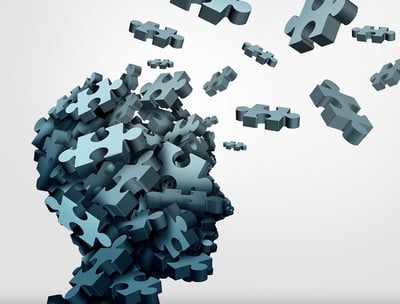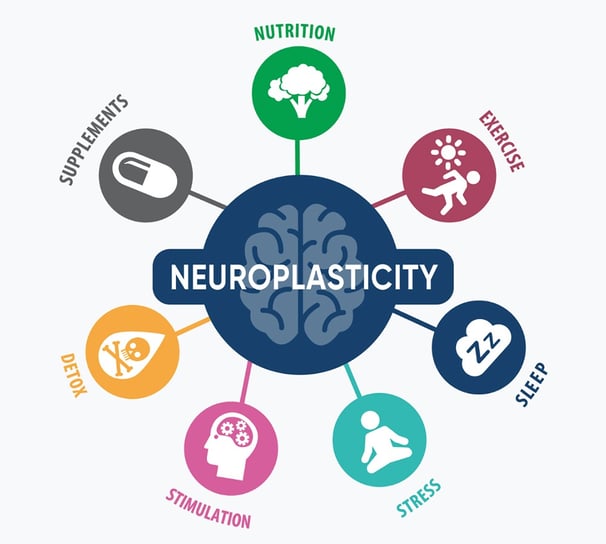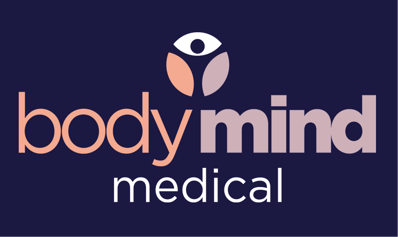

Memory Clinic
Cutting Edge Research
For Making Smart Decisions
transient memory loss
age related memory loss
dementia
concussion
About Memory Loss
Losing track of time or forgetting to pay a bill every now and then does not necessarily mean your memory is failing. However, when remembering things becomes increasingly more difficult, or your thinking skills seem to be deteriorating, it may be a warning sign of dementia—a devastating and eventually debilitating neurological condition. Dementia is an umbrella term that refers to a category of progressive degenerative diseases that affect important brain functions and lead to memory loss, difficulty with language, cognitive impairment, and personality and behavior changes. Alzheimer’s disease is the most common and well-known type of dementia.
Did You Know ?
49 yrs


The average age of someone living with dementia




Increase in dementia among people aged 30 to 44 years old
Alzheimer's is currently the no.1 killer in the UK
373%
1st
Cutting Edge Research
Functional medicine addresses memory loss, including age-related decline, transient memory lapses, concussion-related issues, and dementia, by identifying root causes like inflammation, nutrient deficiencies, and hormonal imbalances. Comprehensive assessments and advanced lab testing uncover contributing factors, such as oxidative stress or gut-brain axis dysfunction. Personalised care plans focus on dietary optimisation, stress reduction, neurofeedback, and lifestyle adjustments. By enhancing neuroplasticity and supporting brain resilience, this approach promotes cognitive health, improves memory function, and mitigates further decline.
Functional Medicine
For Reversing Memory Loss
Memory Profile
Do you need our help to improve your memory ? Whether age related, transient or due to *dementia or concussion, our diagnostic work up and personalised programs can help you understand the causes of your memory issues and provide clarity on the best way forward.
The first step is completing our memory profile. Just click on the link below for full access.
please note advanced stages of alzheimers / dementia are irreversible. We always encourage early interventions to at the very least arresr development of the condition
Body Mind Medical
What Is Neuroplasticity ?
Neuroplasticity refers to the brain's ability to reorganise itself by forming new neural connections throughout life. This adaptability enables the brain to compensate for injury, adapt to new experiences, and optimise function. In treating memory loss, neuroplasticity is foundational, as therapies focus on stimulating neural pathways, enhancing brain resilience, and restoring cognitive abilities.
By addressing underlying factors like inflammation, stress, and lifestyle, treatments leverage neuroplasticity to improve memory, boost learning, and promote long-term brain health.
Evidenced Based Strategies For Improving Neuroplasticity And Reversing Cognitive Decline


The Arran Protocol
Types Of Memory Loss
Provide a general summary of the services you provide, highlighting key features and benefits for potential clients.




Vascular Dementia
Alzheimers
Alzheimer's disease is a progressive neurological disorder and the most common cause of dementia. It leads to memory loss, cognitive decline, and behavioural changes. Caused by brain cell damage, its symptoms worsen over time, profoundly impacting daily life and independence.
Vascular dementia is a type of dementia caused by reduced blood flow to the brain, often from strokes or damaged blood vessels. Symptoms include memory loss, confusion, difficulty concentrating, and impaired decision-making, progressively affecting daily functioning.




Parkinsons Dementia
Lewy Body Dementia
Lewy body dementia is a progressive neurological disorder caused by abnormal protein deposits in the brain. Symptoms include memory loss, visual hallucinations, fluctuating cognition, sleep disturbances, and motor issues, often overlapping with Parkinson’s disease.
Parkinson’s dementia is a cognitive decline that occurs in later stages of Parkinson’s disease. Symptoms include memory loss, impaired reasoning, slowed thinking, mood changes, and difficulty with daily tasks, caused by progressive damage to brain areas controlling cognition.




Hypothyroid Induced Dementia
Frontal Lobe Dementia
Frontal lobe dementia, or frontotemporal dementia, is a progressive disorder affecting the frontal and temporal brain regions. Symptoms include personality changes, impulsivity, emotional blunting, and language difficulties, leading to significant impacts on behaviour, decision-making, and social interactions.
Hypothyroid dementia is cognitive decline caused by untreated or severe hypothyroidism. Symptoms include memory loss, confusion, slow thinking, and difficulty concentrating. It mimics dementia but is reversible with proper thyroid hormone treatment, restoring cognitive function and clarity.
The Discovery Consultation
The discovery consultation is a three-part process analysing life stress, symptoms, and advanced lab tests to uncover root causes, providing personalised insights for effective treatment and lasting health improvements.
Symptoms Analysis
Functional medicine symptoms analysis for eating disorders evaluates behaviours like binge eating, food restriction, purging, and emotional triggers. It explores underlying factors such as stress, hormonal imbalances, and gut-brain axis dysfunction, providing personalised insights for tailored interventions to restore healthy eating patterns and emotional wellbeing.


Lifestyle Analysis
Functional medicine laboratory studies for eating disorders investigate biomarkers like hormonal imbalances, nutrient deficiencies, inflammation, and gut microbiota health. Comprehensive testing uncovers root causes affecting appetite, metabolism, and mental health, enabling personalised interventions to support recovery, emotional balance, and long-term physical and mental wellbeing.
Laboratory Analysis




A functional medicine lifestyle analysis for eating disorders examines diet, sleep, stress, physical activity, and emotional health. This holistic approach identifies contributing factors like poor nutrition, chronic stress, or negative habits, enabling personalised strategies to support recovery, restore balance, and improve long-term mental and physical health.
Get In Touch


Our Office
Address
Fernbank House, Springwood Way, Macclesfield SK10 2XA
Hours
9am - 6pm


